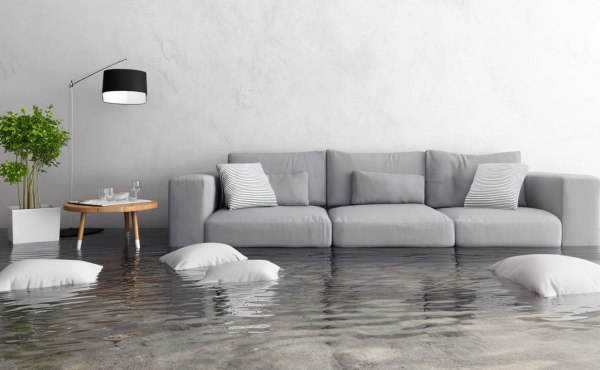Take early precautions for a safe typhoon season


The recent 7.9-magnitude earthquake in Myanmar, which affected Bangkok in neighbouring Thailand, was followed by 5.6-magnitude tremors in the waters off Okinawa, Japan, and 5.8-magnitude quakes in Yilan, Taiwan. These incidents have brought natural disasters into sharp focus. Although Hong Kong is situated on the Eurasian Plate rather than at its edge, ensuring that major earthquakes are very unlikely, there are other dangers; in particular, tropical cyclones, which occur from May to November every year. Many of us still recall the serious damage caused by super typhoons such as Typhoon Hato in 2017, Mangkhut in 2018 and Sura in 2023. This year, the Hong Kong Observatory expects 5 to 8 tropical cyclones to enter within a 500-kilometre radius of Hong Kong, which is a normal to high number of typhoons. As we enter May, it’s essential to consider how we can prepare for these impending storms and minimise the potential loss of our property and homes, and even our lives.
Basic measures to weatherproof your home
Whether you live in a standalone house, a village house or a flat, knowing basic precautions strong winds is the first step to protecting your life and property. When the Observatory issues a Tropical Cyclone Warning Signal, you can take several important steps. Start by reinforcing your windows and doors with adhesive tape, on both the surface and edges, to prevent glass from shattering or water ingress. Clear any drains to avoid flooding caused by trapped water. If there are potted plants placed near the window, or outdoor furniture, move them indoors or secure them to prevent damage or them being blown onto the street and endangering others. Protect your valuables and important electrical appliances by wrapping them in plastic bags and moving them away from windows or placing them in elevated spots to avoid water damage. Additionally, keep essential items at home, such as a medical kit, torches and battery chargers, as well as a reasonable supply of food and water, including dry and canned food. Finally, pay attention to weather forecasts so you can act accordingly.
However, strong winds are unpredictable, and wind protection measures are not fool-proof. It is advisable to take out home insurance at the same time to supplement these measures and reduce potential financial losses caused by typhoons.
Weathering the storm with comprehensive home insurance
Home insurance is essential protection against loss or damage to the contents of your home, including furniture, appliances and valuables such as jewellery, watches and glasses, as well as mobile phones, tablets and laptops that may be lost or damaged in unforeseen events like storms and floods. According to past claims, most of the losses and damage caused by typhoons were the result of water seeping through windows, doors, cracks in walls, broken windows and glass panes, plus power outages.
Many home insurance plans not only compensate for damaged items in your home, they also cover the cost of repairs or the replacement of broken window panes caused by typhoons. In addition, insurance companies typically offer 24-hour emergency support hotlines that provide referral services for locksmiths, plumbers, electrical technicians and more, helping you cope with emergencies and alleviating worries caused by unexpected events.
Insurance companies also offer a wide range of plans, some of which cover household contents up to HK$1.25 million per year. This includes the costs associated with moving out of your home and finding temporary accommodation if there is sufficient damage from inclement weather events. Besides, most plans provide coverage for personal legal liability up to HK$10 million for third-party injury or property damage caused by the insured person’s negligence.
Apart from understanding the coverage details, you should also be aware of the exclusions, such as pets, inherently defective items, and equipment and appliances damaged by normal wear and tear. Furthermore, some compensation items are subject to deductibles. For example, if a claim is made for damaged household contents due to flooding, landslides or subsidence, you will need to pay part of the cost, while the remaining amount will be covered by the insurance company according to the circumstances.
Ultimately, home insurance offers protection for your home and its contents, helping minimise losses caused by extreme weather conditions. It is suggested that you choose a plan based on your actual needs and the value of your belongings, so you can ride out each typhoon season with peace of mind.
This Chinese version of this article was published in the Hong Kong Economics Journal
If you have any queries regarding Travel Insurance, please feel free to contact us ![]() or find out more about our insurance plans:
or find out more about our insurance plans:
Read more:
Renting your next home with an extra layer of security
Learn more about EASY Claims and file your claims online anytime, anywhere.



